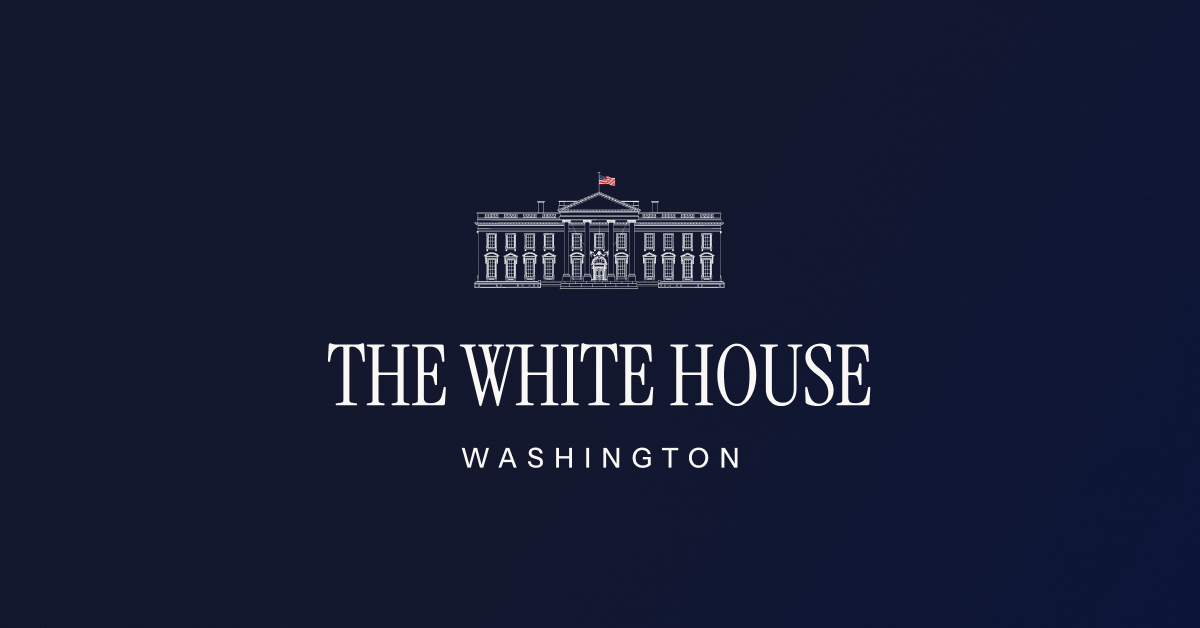By the authority vested in me as President by the Constitution and the laws of the United States of America, including section 232 of the Trade Expansion Act of 1962, it is hereby ordered: Section 1. Policy. Copper is a critical material essential to the national security, economic strength, and industrial resilience of the United States. Copper, scrap copper, and copper’s derivative products play a vital role in defense applications, infrastructure, and emerging technologies, including clean energy, electric vehicles, and advanced electronics. The United States faces significant vulnerabilities in the copper supply chain, with increasing reliance on foreign sources for mined, smelted, and refined copper. The United States has ample copper reserves, yet our smelting and refining capacity lags significantly behind global competitors. A single foreign producer dominates global copper smelting and refining, controlling over 50 percent of global smelting capacity and holding four of the top five largest refining facilities. This dominance, coupled with global overcapacity and a single producer’s control of world supply chains, poses a direct threat to United States national security and economic stability. It is the policy of the United States to ensure a reliable, secure, and resilient domestic copper supply chain. The United States’ increasing dependence on foreign sources of copper, particularly from a concentrated number of supplier nations, along with the risk of foreign market manipulation, necessitate action under section 232 of the Trade Expansion Act to determine whether imports of copper, scrap copper, and copper’s derivative products threaten to impair national security. Section 2. Investigation Into the National Security Impact of Copper Imports. (a) The Secretary of Commerce shall initiate an investigation under section 232 of the Trade Expansion Act to determine the effects on national security of imports of copper in all forms, including raw mined copper, copper concentrates, refined copper, copper alloys, scrap copper, and derivative products. (b) In conducting the investigation, the Secretary of Commerce shall assess factors including the current and projected demand for copper in United States defense, energy, and critical infrastructure sectors; the extent to which domestic production, smelting, refining, and recycling can meet demand; the role of foreign supply chains; the concentration of United States copper imports from a small number of suppliers; the impact of foreign government subsidies and predatory trade practices; the economic impact of artificially suppressed copper prices; the potential for export restrictions by foreign nations; the feasibility of increasing domestic copper mining, smelting, and refining capacity; and the impact of current trade policies. Section 3. Required Actions. (a) The Secretary of Commerce shall consult with the Secretary of Defense, the Secretary of the Interior, the Secretary of Energy, and other relevant executive departments and agencies to evaluate the national security risks associated with copper import dependency. (b) Within 270 days of this order, the Secretary of Commerce shall submit a report to the President that includes findings on whether United States dependence on copper imports threatens national security, recommendations on actions to mitigate such threats, and policy recommendations for strengthening the United States copper supply chain. Section 4. General Provisions. (a) Nothing in this order shall impair or otherwise affect the authority granted by law to an executive department or agency, or the functions of the Director of the Office of Management and Budget. (b) This order shall be implemented consistent with applicable law and subject to the availability of appropriations. (c) This order is not intended to create any right or benefit enforceable at law or in equity by any party against the United States, its departments, agencies, or entities, or any other person. THE WHITE HOUSE, February 25, 2025. — news from The White House
